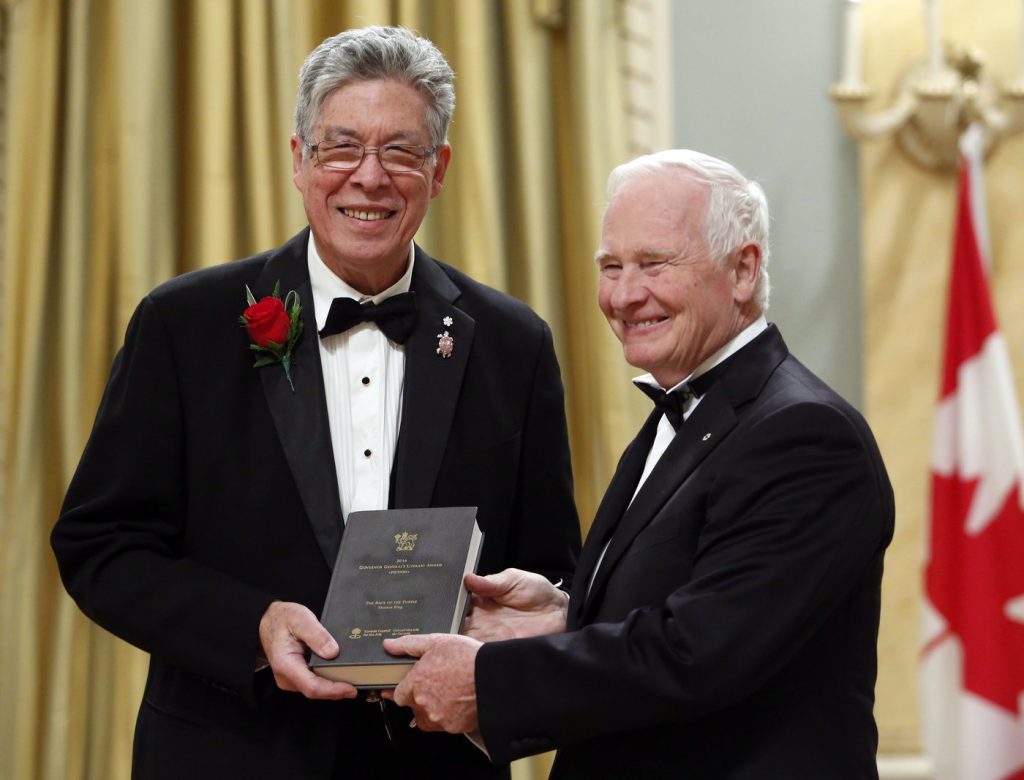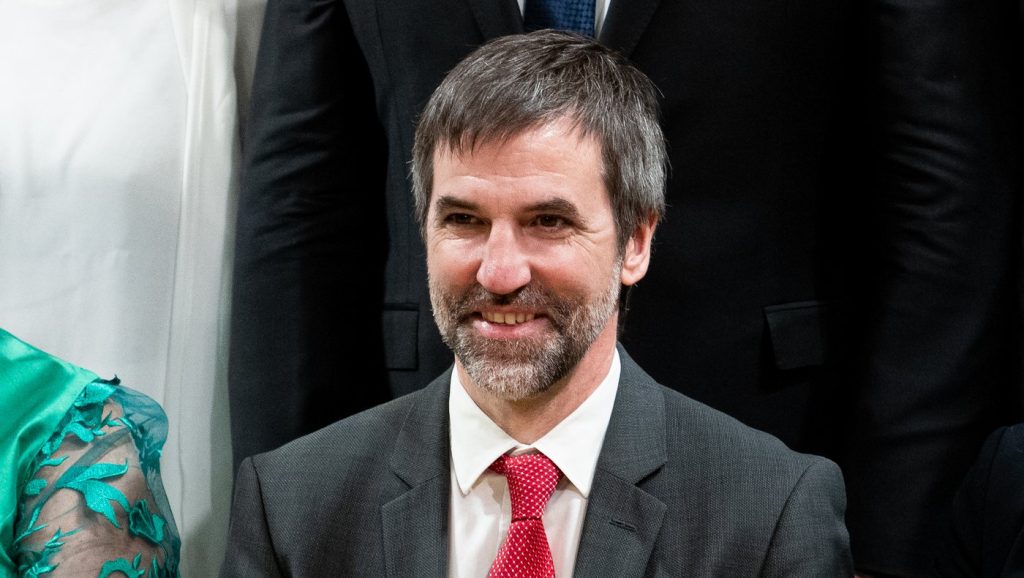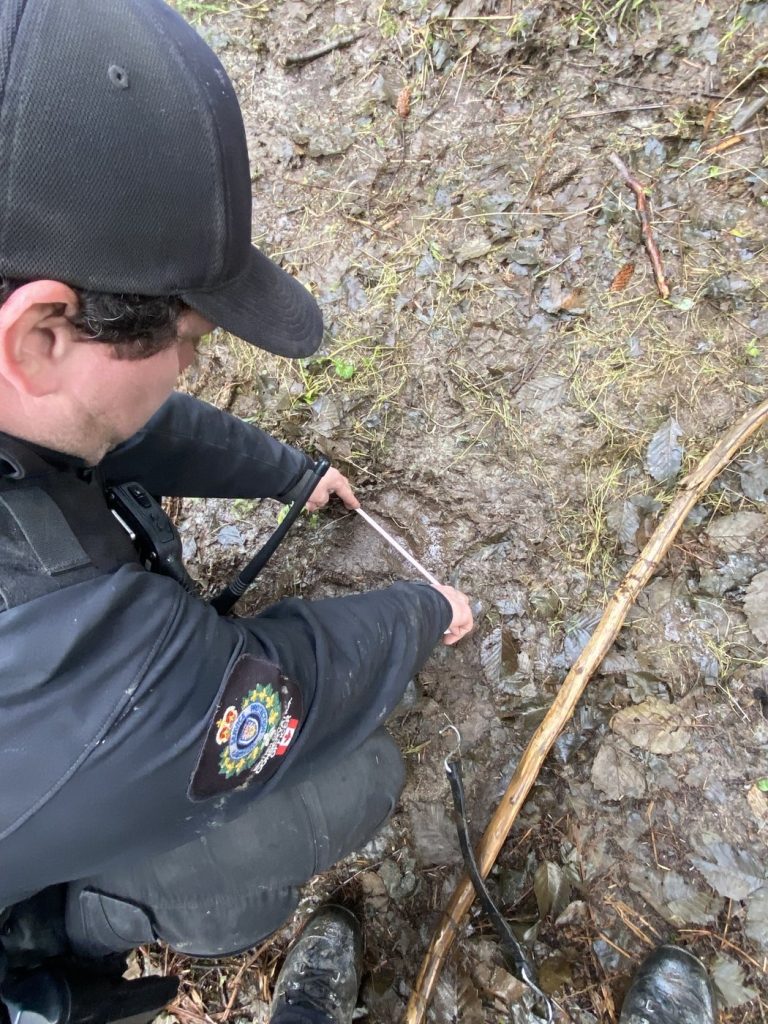Renowned author Thomas King has recently disclosed that, despite a lifelong belief in his Indigenous heritage, he does not possess Cherokee ancestry. This revelation is particularly impactful given his prominent literary works such as “The Truth About Stories: A Native Narrative” (2003) and “The Inconvenient Indian: A Curious Account of Native People in North America” (2012). King has expressed his shock and devastation upon learning this information, acknowledging that it challenges the identity he has embraced for decades.
In an essay titled “A most inconvenient Indian,” published in the Globe and Mail, King recounts that he first encountered rumors about his heritage several years ago. His quest for clarity led him to the U.S.-based organization, Tribal Alliance Against Frauds. Working alongside a scholar from the University of British Columbia, the organization conducted an investigation into his lineage, ultimately concluding that there is no evidence of Cherokee heritage in his family history.
At 82 years old, King described the impact of this revelation as deeply unsettling, stating that he feels “as though I’ve been ripped in half, a one-legged man in a two-legged story.” He details that his maternal figure rarely spoke of his father, who had abandoned the family when King was just three years old, but claimed he was part Cherokee. The recent findings have left King grappling with his identity and the literary legacy he has built around themes of Indigenous culture and experiences.
Known for his significant contributions to literature, King has received numerous accolades, including the Stephen Leacock Memorial Medal for Humour for “Indians on Vacation” (2020) and membership in Canada’s Order of Canada since 2004, elevated to the rank of companion in 2020. His work has been recognized for exposing the injustices faced by Indigenous Peoples in North America, advancing conversations around cultural stereotypes, and fostering dialogue between Indigenous and non-Indigenous communities.
As he navigates this personal crisis, King reflects on the complexities involved in discussions about Indigenous identity and experiences. He expresses concern about the potential backlash he might face, anticipating a “firestorm” of anger, disbelief, and feelings of betrayal. He is aware that his revelation may challenge not only his own reputation but also the broader conversations he has sought to influence through his literature.
Despite the turmoil, King remains committed to supporting Indigenous causes and artists, although he acknowledges the uncertainty surrounding how this revelation may affect those relationships. He recounts previous attempts to connect with his father’s family, which have, until now, been unsuccessful. The genealogical research conducted by the Tribal Alliance Against Frauds indicated neither King's father nor his paternal ancestors had any Indigenous lineage, undermining the narrative he had long believed.
The alliance has branded King a “pretendian” since at least 2022 and has publicized detailed information about his ancestry, showing a lineage devoid of Indigenous connections through five generations. The group's findings serve as a stark reminder of the ongoing discussions about identity, authenticity, and appropriation in the context of Indigenous matters in North America.
King's publisher, HarperCollins Canada, stated that it values its longstanding relationship with the author, having published his works for over 30 years. While they have refrained from additional comments, King’s current situation has raised important questions regarding representation and the complexities of Indigenous identity in literature and society.












